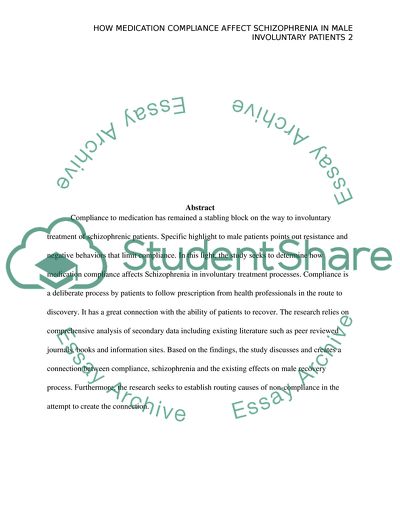Cite this document
(“Clinical Research Article for Publication in Journal - 1”, n.d.)
Clinical Research Article for Publication in Journal - 1. Retrieved from https://studentshare.org/nursing/1638903-clinical-research-article-for-publication-in-journal
Clinical Research Article for Publication in Journal - 1. Retrieved from https://studentshare.org/nursing/1638903-clinical-research-article-for-publication-in-journal
(Clinical Research Article for Publication in Journal - 1)
Clinical Research Article for Publication in Journal - 1. https://studentshare.org/nursing/1638903-clinical-research-article-for-publication-in-journal.
Clinical Research Article for Publication in Journal - 1. https://studentshare.org/nursing/1638903-clinical-research-article-for-publication-in-journal.
“Clinical Research Article for Publication in Journal - 1”, n.d. https://studentshare.org/nursing/1638903-clinical-research-article-for-publication-in-journal.


